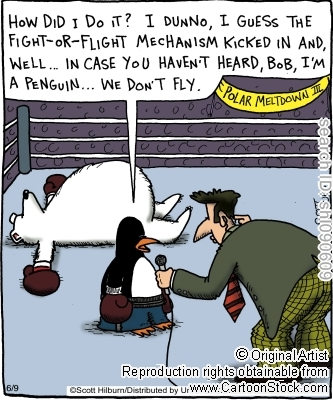The Big Chill!: Do Cold Plunges Regulate Stress?
Put em on Ice!
In the fast-paced and often stressful world we live in, the search for effective stress management techniques is a constant pursuit.
One unconventional method gaining attention is the practice of cold plunges. Emerging clinical studies suggest that subjecting the body to brief bouts of extreme cold can have profound stress-regulating effects!
Undoubtedly you have watched 100’s of youtube shorts through seep encrusted eyes promising you that this is the cure to anxiety, stress and overthinking. But.. do cold plunges actually help regulate stress?
Many might relegate these claims into the realm of Bro-science, however through thorough research and extremely uncofortable first hand experience, we have a few tips to share!
Broscience definition: Broscience (or less commonly bromeopathy[2][note 1]) is a derogatory term for misconceptions and ideas of questionable scientific credibility, passed around among laymen by word-of-mouth as if factually true
From our research we will delve into the science behind cold exposure and stress regulation, citing two great studies (there are many more) that shed light on the therapeutic benefits. Additionally, we will explore practical ways to incorporate cold exposure into everyday life for improved mental well-being!
Cold plunges involve immersing the body in cold water, typically for short durations, triggering physiological responses that can positively impact stress levels.
The primary mechanism at play is the activation of the sympathetic nervous system, commonly known as the "fight or flight" response, and the subsequent release of stress hormones like adrenaline and noradrenaline.
Research suggests that exposing the body to cold temperatures can help modulate the body's stress response system. One key study conducted by Rui Costa and colleagues, published in the journal "Cell," explored the connection between cold exposure and stress resilience in mice. The researchers found that mice exposed to cold water immersion exhibited increased levels of cold-shock proteins in the brain, which played a crucial role in enhancing the animals' ability to cope with stress. This study provides valuable insights into the molecular mechanisms underlying the stress-regulating effects of cold exposure.
Another study published in the "Journal of Sports Science & Medicine" by Thimoteo da Silva et al. investigated the impact of cold-water immersion on psychological stress and recovery in athletes. The study involved elite swimmers who engaged in regular cold-water immersion sessions after intensive training. The results indicated a significant reduction in perceived stress levels and improved recovery markers, suggesting that cold exposure could be an effective tool in managing stress for individuals with high physical activity levels.
Now that we understand the science supporting the stress-regulating effects of cold plunges, the question arises: how can individuals incorporate this practice into their daily lives?
Cold Showers: One of the most accessible ways to introduce cold exposure is by incorporating cold showers into your daily routine. Start with brief exposures and gradually increase the duration as your body acclimates. The shock of cold water triggers the physiological responses beneficial for stress regulation.
Ice Baths: For those seeking a more intense experience, ice baths are an excellent option. Fill a tub with cold water and add ice to achieve the desired temperature. Submerge yourself for 10-15 minutes, allowing your body to adapt to the cold. This practice is particularly popular among athletes for post-training recovery.
Cold Water Swimming: If you have access to natural bodies of cold water, consider taking a plunge. Whether it's a lake, river, or ocean, swimming in cold water provides a full-body experience, enhancing the stress-regulating benefits
Cryotherapy Sessions: Cryotherapy involves exposing the body to extremely cold air for a short duration. Many wellness centers offer cryotherapy sessions, which can be a convenient option for those who prefer controlled environments.
Incorporating cold exposure into your routine doesn't have to be extreme; even small doses can yield benefits over time.
Consistency is key, and you should listen to your body, gradually increasing exposure as you become more accustomed.
The therapeutic potential of cold plunges in regulating stress is supported by a growing body of clinical research. Studies like those conducted by Costa et al. and Thimoteo da Silva et al. provide valuable insights into workings at play, highlighting the stress-modulating benefits of cold exposure.
As you continue to seek effective stress management strategies, the practice of cold plunges offers a unique and evidence-based approach.
By integrating cold exposure into your daily routines through methods like cold showers, ice baths, cold water swimming, or cryotherapy, one can harness the stress-regulating effects and contribute to improved mental well-being!
